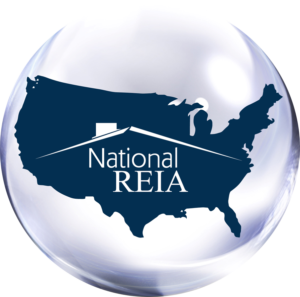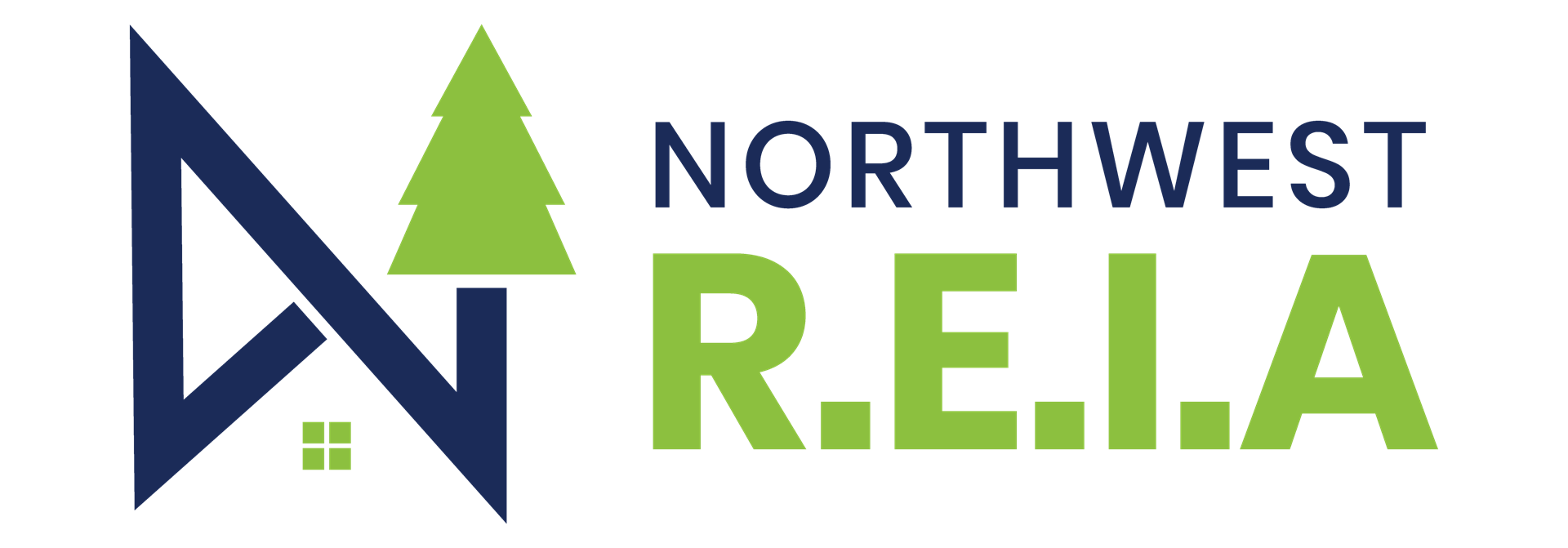Upcoming events
-
11/13/2025 6:30 PMScottish Rite Center - 4090 Commercial St SE, Salem
-
11/18/2025 6:30 PMRound Table Pizza - 5016 NE Thurston Way, Vancouver
-
12/10/2025 1:00 PMVirtual
-
12/11/2025 6:30 PMScottish Rite Center - 4090 Commercial St SE, Salem
-
12/16/2025 6:30 PMRound Table Pizza - 5016 NE Thurston Way, Vancouver

